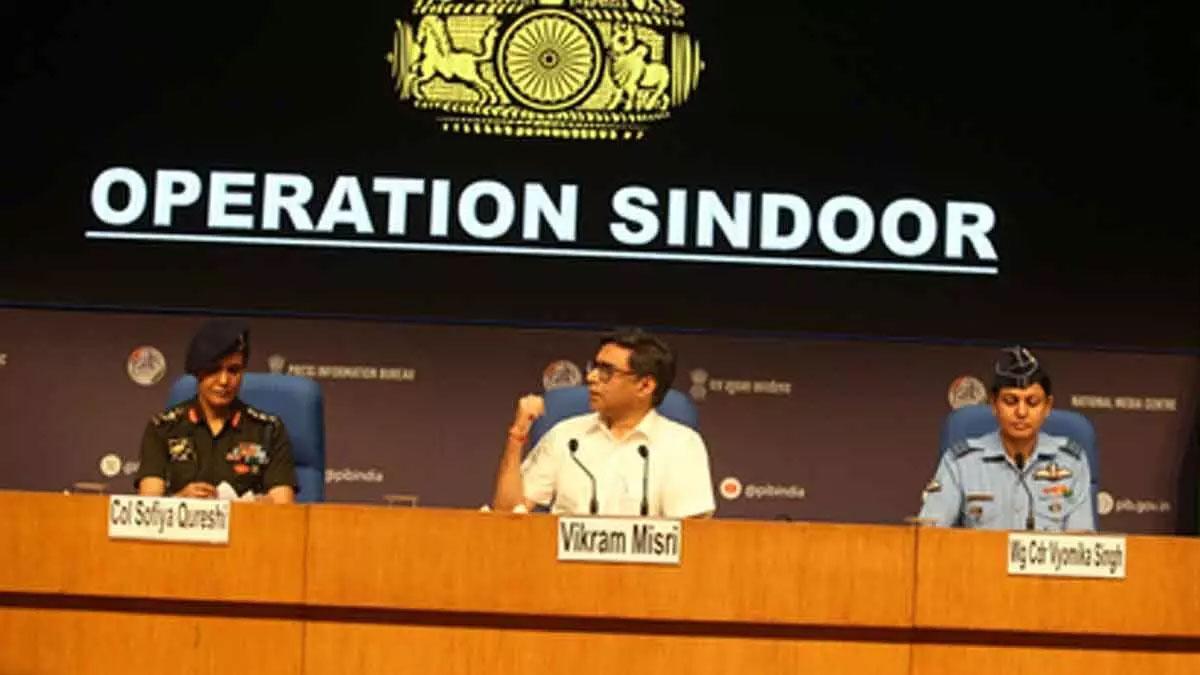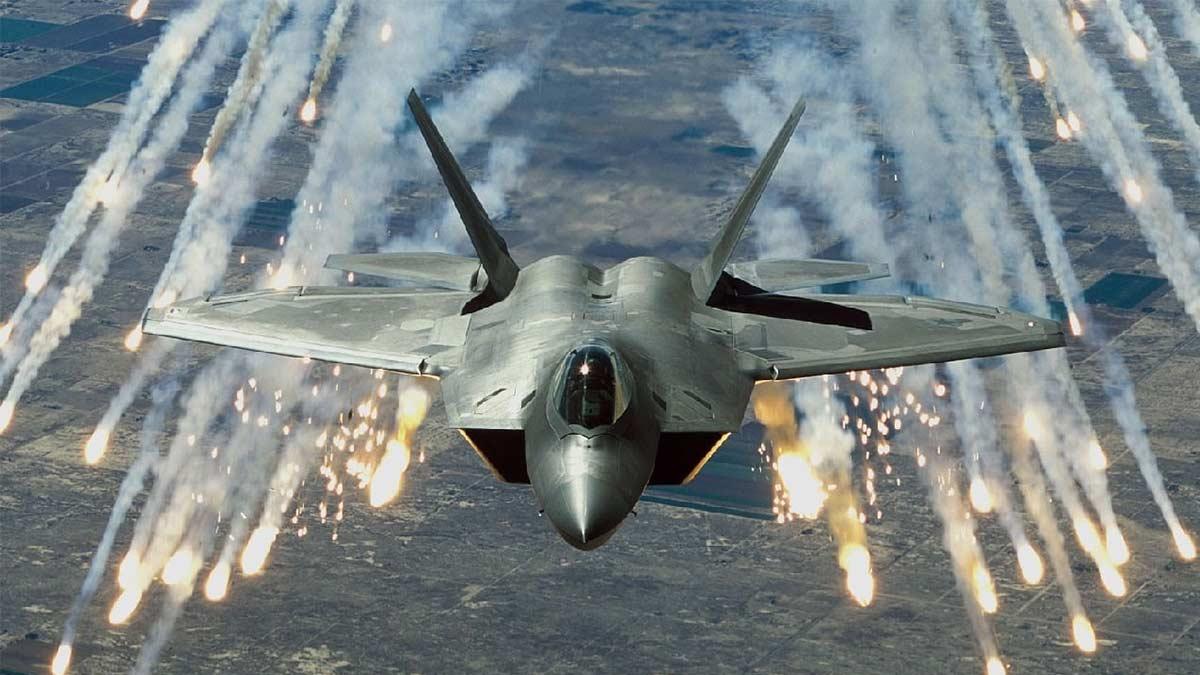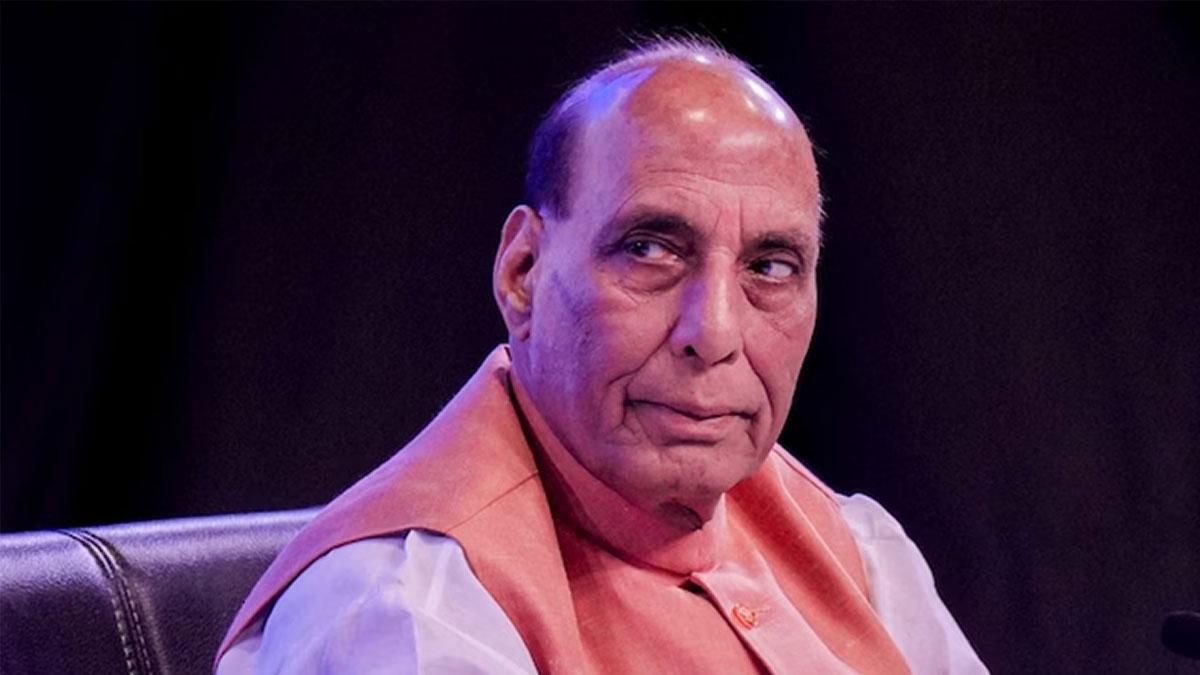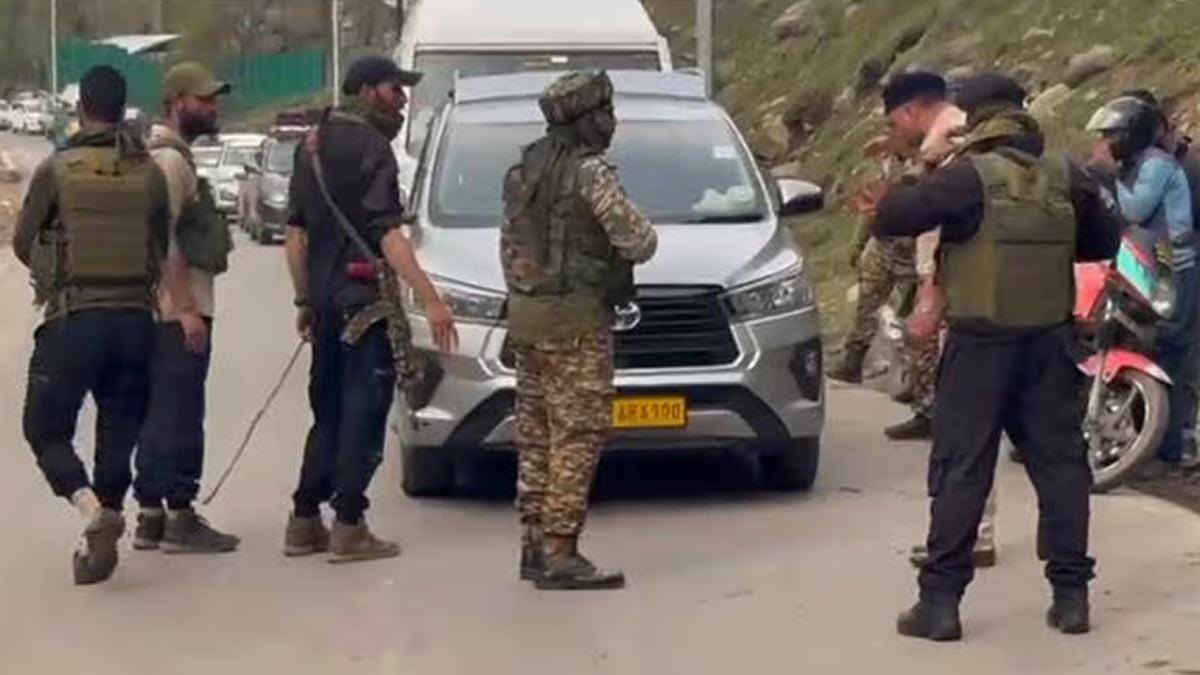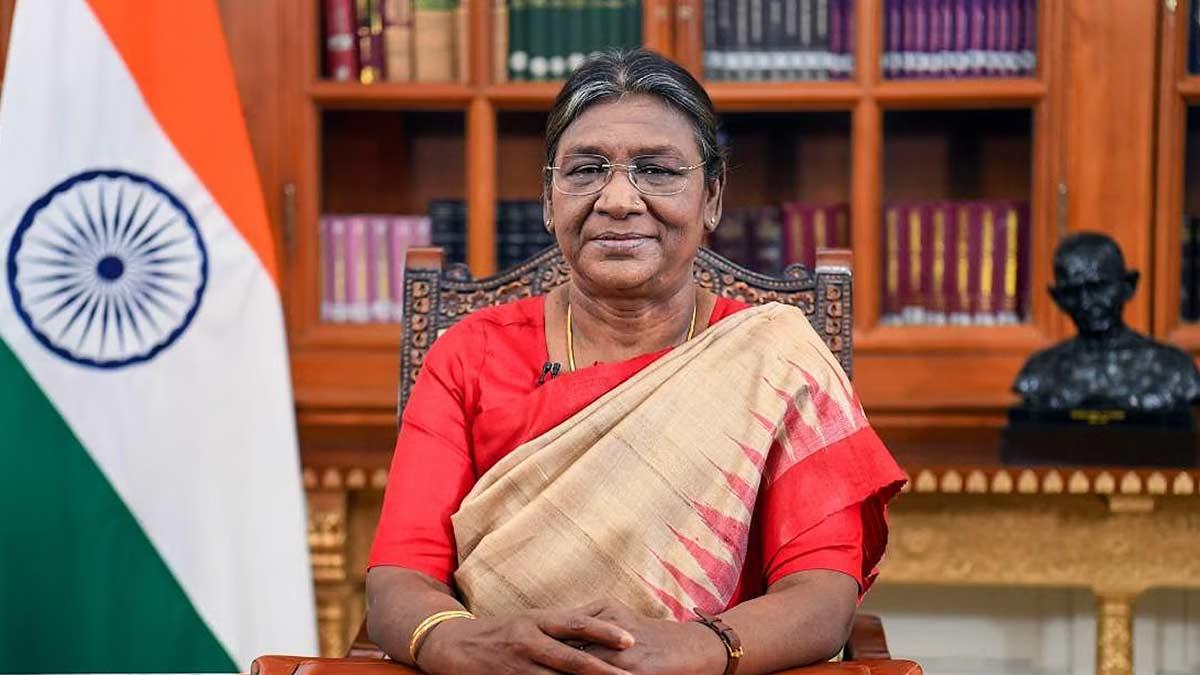India's recent cross-border military operation, Operation Sindoor, has been viewed as a turning point in contemporary warfare by American urban warfare expert John Spencer.
Following four days of precision strikes inside Pakistani territory, Spencer described India's campaign as a landmark victory. "Operation Sindoor met and surpassed its strategic objectives — destroying terror infrastructure, showing military dominance, regaining deterrence, and revealing a new national security doctrine," stated Spencer, director of the Urban Warfare Institute. "This wasn't symbolic power. It was power of decision, exercised clearly."
Spencer underlined that under the leadership of Prime Minister Narendra Modi, and with the increasingly independent defense industry of the nation and disciplined army troops, India is not concentrating on past wars. "It is preparing for the next one."
The operation was initiated following a savage terror strike on April 22 at Pahalgam, Jammu & Kashmir, where 26 civilians—the majority being Hindu pilgrims—lost their lives. The actors behind the terror attack are The Resistance Front (TRF) who have been affiliated with the Lashkar-e-Taiba network and receive backing from Pakistan's Inter-Services Intelligence (ISI). In retaliation, India ditched its decades-long policy of restraint and initiated Operation Sindoor on May 7.
During the operation, the Indian Air Force made nine deep-penetration sorties against terror camps and depots in areas like Bahawalpur, Muridke, and Muzaffarabad. Indian Prime Minister Modi left no doubt about India's position: "India will not tolerate any nuclear blackmail. India will strike precisely and decisively at the terrorist hideouts developing under the cover of nuclear blackmail." He went on, "Terror and talks can't go together. Water and blood can't flow together."
Timeline of Operation Sindoor:
May 7: India launched targeted air strikes on nine terrorist camps in Pakistan.
May 8: Pakistan responded with a massive drone attack. India's multi-layered air defense systems, coupled with Israeli and Russian technologies, were successful in destroying almost the entire swarm.
May 9: India's campaign was intensified with six Pakistani airbases and drone command centers getting struck.
May 10: Hostilities stopped. India went out of its way, though, to avoid labeling it a "ceasefire," preferring the term "stoppage of firing" to emphasize that it maintained strategic ascendancy.
No official termination of the operation has been declared, but India has issued a tactical halt, keeping for itself decision-making power.
Critical Strategic Consequences:
New Threshold: Future terrorist strikes launched from Pakistani territory will elicit immediate Indian military retaliation. "That's not a threat. It's precedent.
Demonstrated Superiority: India demonstrated its ability to attack all across Pakistan without suffering effective counter-retaliation.
Reclaimed Deterrence: Through controlled escalation, India reasserted its control over conflict pace.
Sovereign Execution: The action was strictly Indian-initiated, with no international involvement or mediation.
Operation Sindoor was not planned to be about territorial gain or political instability. It was a targeted operation with definite and limited aims. Defending skeptics that minimized the scope, Spencer said, "Strategic success isn't about the scale of destruction—it's about achieving the desired political effect."
India's campaign focused on deterrence, rather than revenge. As the official line asserted, "India's restraint is not weakness — it is maturity." By imposing consequences and resetting red lines, India showed it still holds the initiative in any future escalation.
Unlike in earlier cases, when India tended to use diplomatic reaction or symbolic action, on this occasion the country responded swiftly and efficiently. "The India of 2008 soaked up blows and waited. This India strikes back—on the spot, accurately, and with decisiveness."
Operation Sindoor is a new paradigm of limited war under the umbrella of nuclear deterrence, but conducted with unflinching strategic intent. "In an age characterized by 'forever wars'. Sindoor is different," Spencer wrote. The lull in action does not signal the end. India is in charge. Any future aggression will be countered with instant force. The policy is now clear. Deterrence is no longer abstract.
This is a new doctrine uncovered. And it must be read by all countries facing the plague of state-sponsored terrorism."
Read also| Pakistan Urges India to Reconsider Suspension of Indus Waters Treaty Amid Rising Tensions

